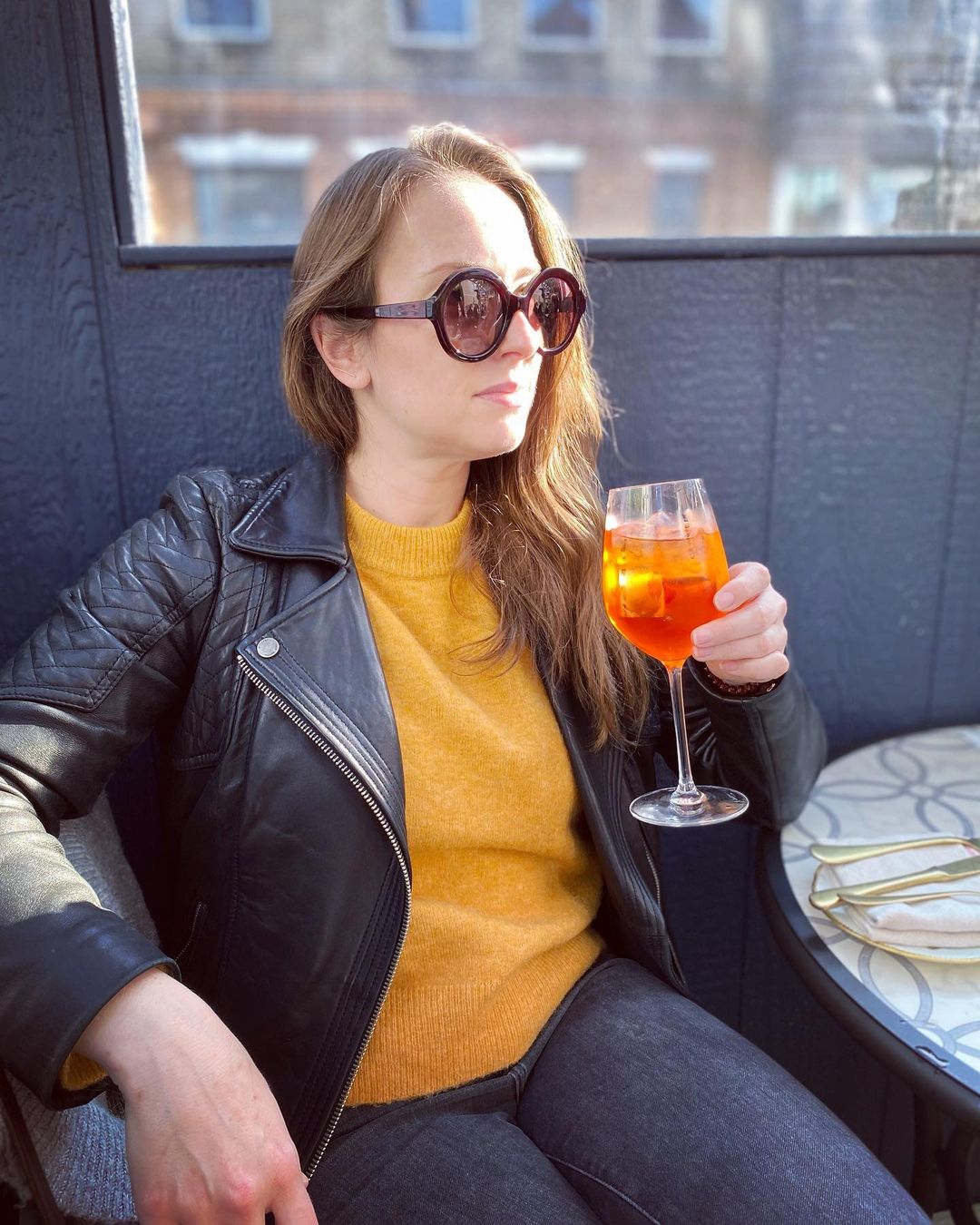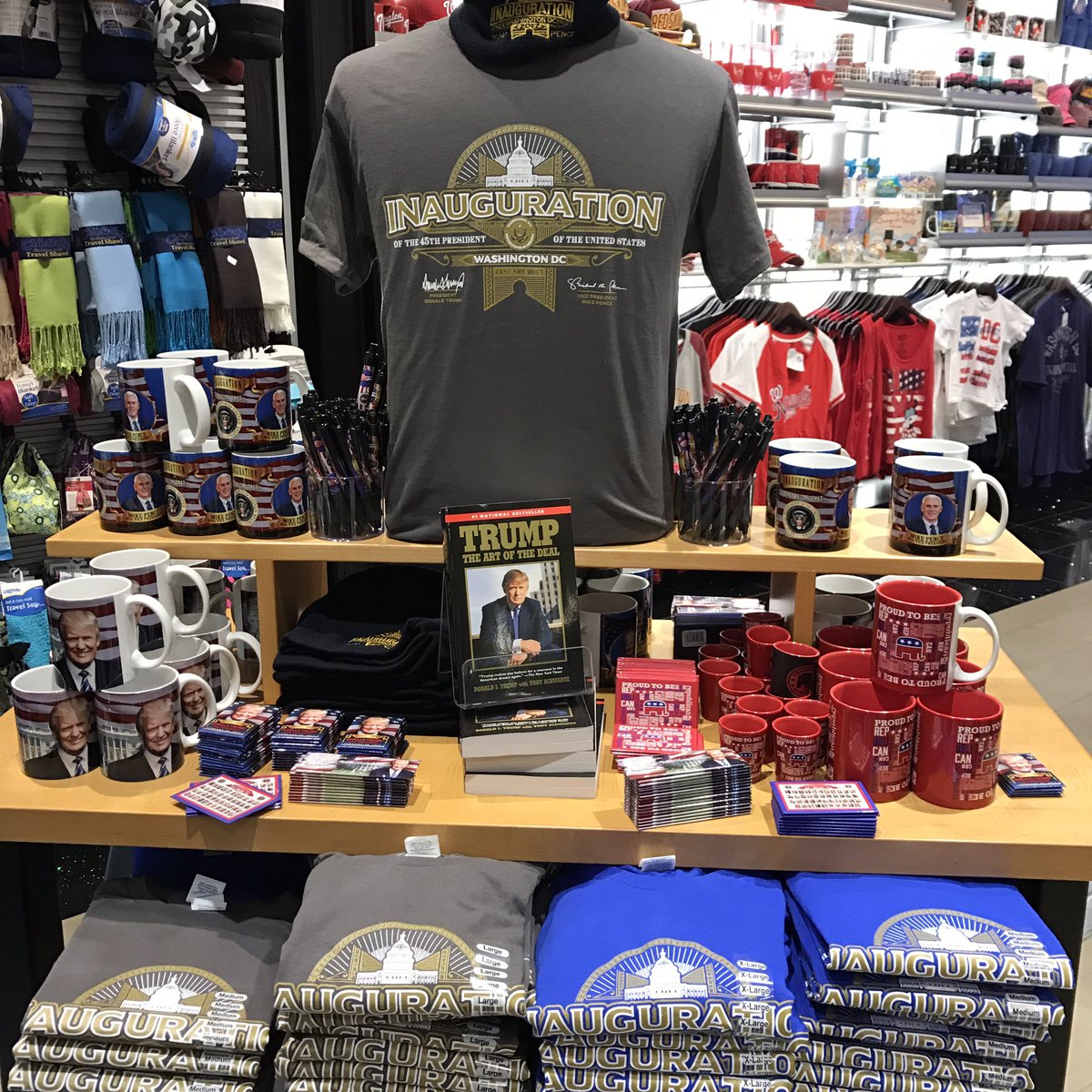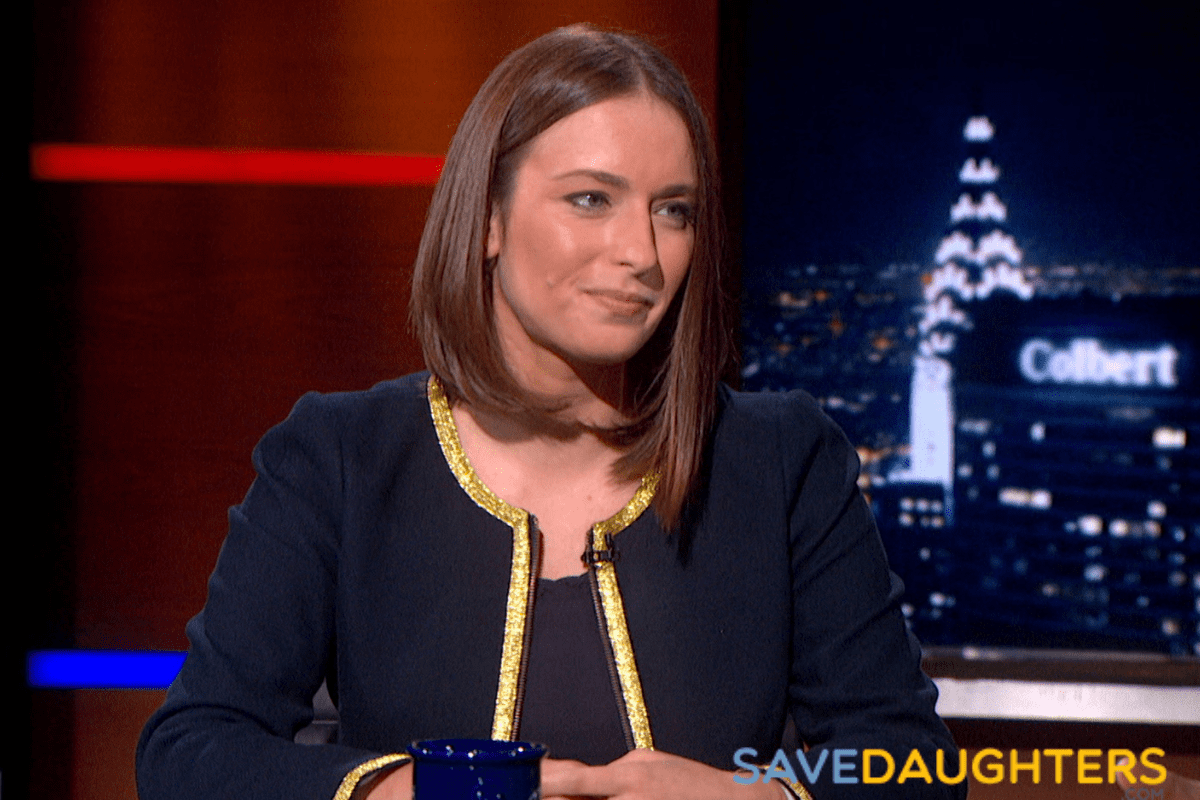

Would he try to intimidate him, like he did by bringing his black Labrador Konni to his meetings with the notoriously dog-phobic Angela Merkel? Would he push on all those financial ties Trump's sons have bragged about over the years? Of course not.
JULIA IOFF TV
Going into the summit, friends in the White House pool and TV hosts asked what Putin would do to Trump in their meeting. Kremlin TV went with the line that McFaul was there to overthrow Putin, and according to McFaul's new memoir, Putin drank the Kool-Aid.Īnd of course Putin denies it. Obama had sent Michael McFaul, a well-known scholar of democratization in Russia and color revolutions, to be ambassador to Russia just before Putin's 2012 elections, something Putin came to see as a form of meddling. Obama had imposed sanctions on Russia for annexing Crimea. Not only had Clinton publicly questioned the integrity of Russia's rigged elections when she was Secretary of State she was also a representative of the Obama administration, which Putin loathed. She understood Putin well, and Putin knew that. Trump spoke glowingly of wanting to be friends with Putin and resetting relations with Russia Clinton, long described as a hawk, was a realist on Russia. And-as we then suspected and now know-the Kremlin was working to help elect that person, Donald Trump. The propaganda machine-and, as we now know, the covert influence machine-got behind Bernie Sanders, Donald Trump, Jill Stein-anyone who wasn't Clinton.īy the summer of 2016, after a well-timed dump of stolen DNC e-mails nonetheless failed to prevent Clinton from clinching the Democratic nomination, there was only one person who wasn't her. Through the spring of 2016, Kremlin TV was clear that it wasn't that Putin wanted Trump to win, it was that he wanted Clinton to lose. I remember constantly explaining that summer why Putin preferred Trump to Clinton. His state-run media didn't do much to hide their boss's preference: anyone but Hillary Clinton.

That's the kompromat.įacing the press after his meeting with Trump, Putin admitted-openly, arrogantly-that yes, he had wanted Trump to win in 2016. Yes, Putin has something on Trump: He helped him win. And yet, no matter how many times we've heard “NO COLLUSION!,” there's something about watching it unfold in real time that stuns in a way that-like catching a cheating partner after months of suspicion or seeing a loved one die after a terminal illness-no amount of intellectual knowing, understanding, or expecting can prepare you for.Īfter Trump and Putin met in Helsinki, many pundits and politicians struggled to understand what it is they saw, to rationalize it, to explain it away, to speculate on what kinds of kompromat the Russians could have on Trump, when the answer-like infidelity or death-was staring them, us, in the face. Donald Trump has spent this past week doing exactly what he said he would do before his election, and doubling down on the denials that anything but his own genius helped him win that election.
JULIA IOFF FULL
The full frontal assault on our closest allies in the EU and NATO, like the assault on the free press and the pointless flattery of Vladimir Putin, stretch back two years to the 2016 campaign. On one hand, none of it should've come as a surprise. It’s how things should be.It's hard to know what to say after a day-a week-like the one we've just experienced. It feels very different to work for a company that you have a hand in building, and one that you have a real claim to. Stick to the truth and everything else falls into place.Īt Puck, I found colleagues who believe in the same thing-and who gave me both the freedom to pursue this mission while giving me an ownership stake in it. If Trump taught journalists anything, it’s that no amount of sucking up will save you or grant you access.


And both readers and sources respect you more when you’re doing the former, rather than the latter. People know when you’re being honest and when you’re trying for a balance you don’t believe in yourself. If I had to write one more paragraph starting with “to be sure,” I was going to kill myself. I wanted to be able to speak directly to my audience in a clear and honest voice, to write candidly about what I saw happening around me without contorting myself into an artificially disembodied posture of false objectivity. There’s a reason I’m no longer at those places, but at Puck: freedom. You may remember me from such publications as The New Yorker, the Atlantic, and the New York Times Magazine. Hello! I am Julia Ioffe, Puck’s Washington correspondent.


 0 kommentar(er)
0 kommentar(er)
